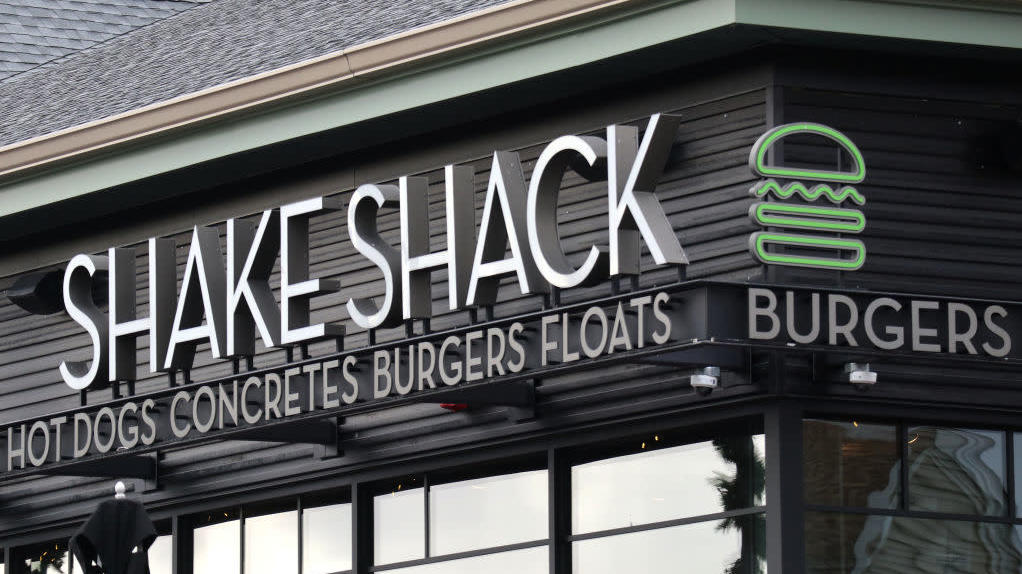More Restaurant Chains Are Returning Their PPP Loans [Updated]
Update, April 24, 2020: After mounting backlash from the public that has placed increased scrutiny on which businesses were approved for the government's Paycheck Protection Program loans, both Sweetgreen and Kura Sushi have made the decision to return the money they were allotted by the CARES Act so that it may be distributed to small businesses that need it.
According to the Washington Post, Kura Sushi, which has 24 U.S. locations (and 451 locations in Japan), was approved for a $5.98 million federal small business loan. However, the chain's CEO, Jimmy Uba, echoed the sentiments of Shake Shack CEO Randy Garutti, saying that his company had naturally assumed that the money would go where it was most needed, and it wasn't clear that the PPP's funding would run out so quickly. As Uba explained in a filing with the SEC:
"This was a difficult decision because our employees are extremely important to us, but it's impossible to ignore the fact that our finances allow us to weather financial hardship for a longer period than independent restaurant owners.... We hope that these funds will be shared equitably among deserving candidates."
Meanwhile, Sweetgreen, a fast casual salad chain with 75 locations and more than 3,500 employees, was approved for a $10 million loan, but according to the Post, the company learned immediately thereafter that the PPP's funds were exhausted. "Knowing that, we quickly made the decision to return the loan," Sweetgreen's founders wrote in an Instagram post.
Original post, April 20, 2020: As COVID-19 restrictions continue to put the restaurant industry in a chokehold, these businesses require not only the support of customers in their communities, but also (and perhaps most of all) the assistance of the federal government. A few weeks ago, the CARES Act relief bill was passed by Congress, and within it, the PPP, or Paycheck Protection Program, which promised $349 billion in forgivable loans to small businesses to pay their employees during the pandemic.
However, the question of what constitutes a "small businesses" has been raised in recent weeks as large chunks of that relief package money were funneled to chain restaurants such as Ruth's Chris Steak House, Potbelly, and J. Alexander's while independent restauranteurs were reportedly left waiting for any assistance at all as the government works to approve more money for relief.
Now, though, facing backlash from government watchdog groups, Shake Shack—which received a $10 million loan through the PPP—is returning the loan. In an open letter published Monday, Shake Shack CEO Randy Garutti explained that any restaurant with under 500 employees per location was eligible to apply for the loans, and each Shake Shack location employs roughly 45, leaving them well within the limit to apply. However, Garutti goes on:
Late last week, when it was announced that funding for the PPP had been exhausted, businesses across the country were understandably up in arms. If this act were written for small businesses, how is it possible that so many independent restaurants whose employees needed just as much help were unable to receive funding? We now know that the first phase of the PPP was underfunded, and many who need it most, haven't gotten any assistance.
So, Shake Shack will return the loan in full "so that those restaurants who need it most can get it now." Garutti's letter continues with a list of recommendations for how the government can best distribute the next round of PPP funding (an additional $310 billion likely to be approved very soon). As for how Shake Shack will make up the difference, CNN Business notes, "The company said in a filing Friday that it expects to be able to raise up to $75 million from investors by selling shares."
Many are applauding the move, which might help to shed light on the shortcomings of the PPP and make these loans less confusing for applicants. Hopefully future rounds of funding will be distributed first and foremost among the local businesses that need it to survive.
